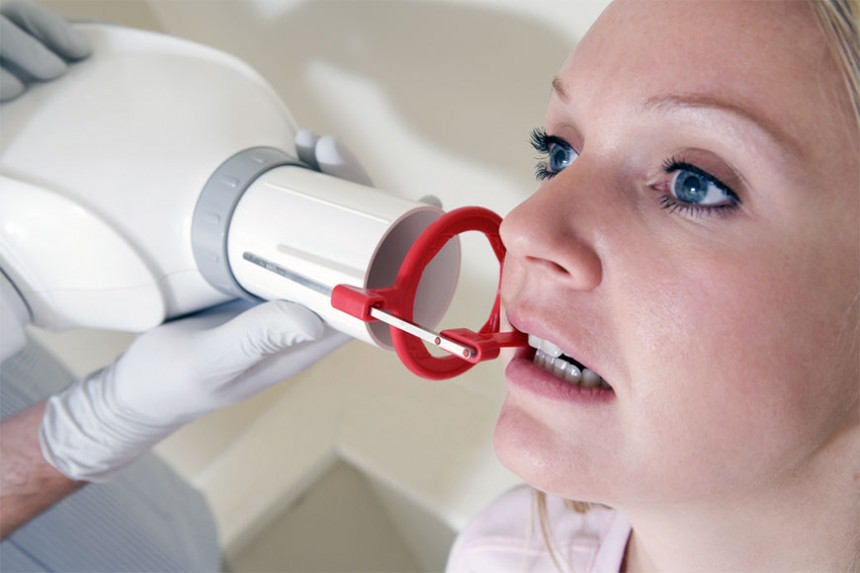A root canal is an embalming procedure dentists perform on a tooth. Root canals are designed to keep a dead tooth mechanically functioning in a live body.
Teeth die as a result of trauma (including sometimes, the trauma of a high speed drill creating too much heat or sucking the organic material from the microscopic tubules that assist in keeping it alive), or from microbial invasion from deep decay or gum disease into the pulp that nourishes each tooth.
It is no longer a huge secret that root canals crank out microbial metabolic toxins. Even some root canal specialists (endodontists) are starting to “own” it. For instance, they acknowledge that “condensing osteitis” around a root-canal treated tooth is common.
Perhaps you have decided you must extract your root canal treated teeth to maintain or regain health—against the clear position stated by the American Association of Endodontists above. You chose a biological dentist who can help you avoid cavitations, and boosted your immune system. How should you replace the space? Interestingly, the more complex and biologically incompatible the option, the more costly it is. Costs vary widely, as do longevity estimates.
Implants are essentially an artificial root screwed into your jawbone, topped with an artificial tooth or used as an anchor for a bridge or partial denture. Implants are displacing root canals because they look, feel, and function very much like a natural tooth, and do not interfere with normal oral activities.
They help maintain bone that normally dissolves over time after a tooth is extracted. They can last a long time, and do not require grinding down adjacent teeth, as a fixed bridge would require. But you have to remember success is not measured only by tooth function, but function within your body as a whole.
Here are a few important aspects of dental implants you must seriously consider before making the decision to go forward with this major investment. Dead tissues do not conduct energy, implants therefore, whether titanium or zirconium, slow energy flow along meridians. Your body must constantly compensate for this. As with root canals, your associated organs, glands, or anatomical structures may functionally decline.
Most people with a dental implant have other metallic dental repairs present, which only exacerbates energetic chaos. In fact, the implant screw and replacement tooth are usually different metals. These two dissimilar metals within an electrolyte (saliva) effectively turn your mouth into a battery click to read more. Additionally, if you still have gold, mercury, copper, tin, silver filings, or nickel-based crowns in your mouth, these will also contribute to the galvanic currents being generated.

